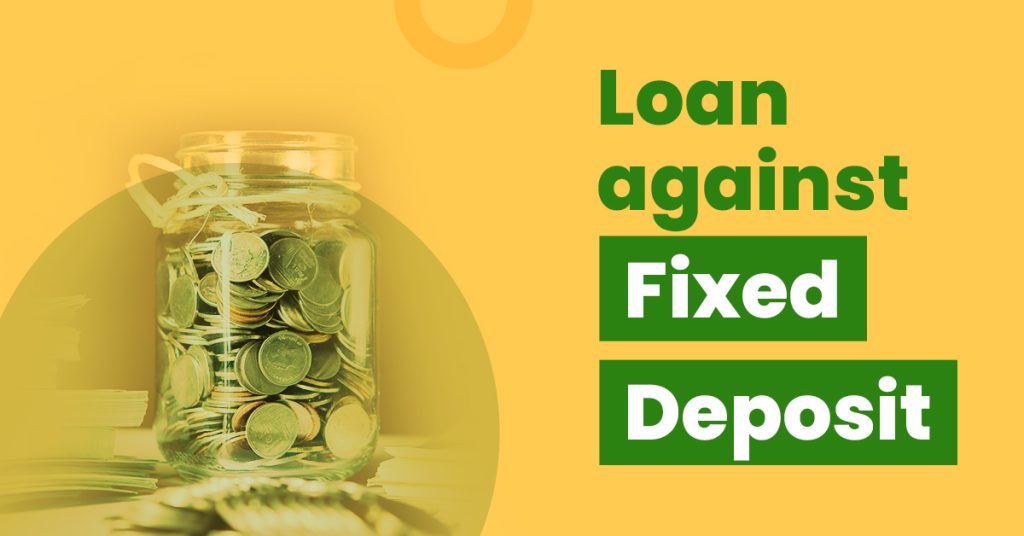A loan against fixed deposit (FD) is a type of loan that is secured against the value of an FD, allowing individuals to borrow funds at a lower interest rate than that of a traditional unsecured personal loan. The interest rate for a loan against FD can vary depending on several factors. In this article, we will explore the factors that influence the interest rate for a loan against fixed deposits.
Factors About Loan Against Fixed Deposit
The first factor that impacts the interest rate for a loan against FD is the creditworthiness of the borrower. Creditworthiness refers to the ability of the borrower to repay the loan as agreed. Lenders will typically assess the creditworthiness of the borrower by reviewing their credit score, payment history, and other financial factors. Borrowers with a higher credit score and a good payment history are typically considered less risky and may be eligible for a lower interest rate on their loan against FD.
The second factor is the value of the FD being used as collateral. The value of the FD will impact the amount of money that can be borrowed against it and the interest rate that will be charged. In general, the higher the value of the FD, the more money that can be borrowed and the lower the interest rate will be. Additionally, the type of FD being used as collateral can impact the interest rate. Some lenders may offer a lower interest rate for loans secured against long-term FDs compared to those secured against short-term FDs.
The third factor that impacts the interest rate for a loan against FD is the loan term. The loan term refers to the length of time that the borrower has to repay the loan. Generally, loans with longer repayment periods have a higher interest rate than those with shorter repayment periods. This is because longer-term loans carry a higher risk for the lender, as there is a greater chance that the borrower may default or experience financial difficulties over the extended period.
The fourth factor that can impact the interest rate is the market conditions. Interest rates are influenced by a range of economic factors, including inflation, economic growth, and monetary policy. When the economy is growing, interest rates may increase to help control inflation as there is increased demand for borrowing. On the other hand, when the economy is underperforming, interest rates may be lowered to encourage borrowing and stimulate economic growth. Therefore, the overall market conditions can play a significant role in determining the interest rate for a loan against FD.
The fifth factor that impacts the interest rate for a loan against FD is the lender’s policies. Different lenders may have varying policies regarding loan against FD interest rates. Factors such as the lender’s risk appetite, competition in the marketplace, and other internal factors will determine the lender’s policies regarding interest rates and loan tenure. Therefore, it is always advisable to compare the interest rates of different lenders before deciding on a lender to obtain a loan against FD.
Apart from the loan against FD, there are other types of loans, including loans against mutual fund (MF). A loan against MF is a type of loan that is issued against the value of the MF units that the borrower holds. The loan against MF will have its own unique set of factors that impact the interest rate. Generally, some of the factors that may determine the interest rate for a loan against MF include the net asset value (NAV) of the MF units, the reputation of the asset management company, and the risk-return profile of the MF.
Conclusion
In conclusion, the interest rate for a loan against fixed deposit can be influenced by a range of factors, including the creditworthiness of the borrower, the value of the FD used as collateral, the loan term, the market conditions and the lender’s policies. Borrowers should carefully consider these factors and compare the interest rates offered by different lenders before selecting a lender to obtain a loan against FD. Additionally, borrowers should also consider other types of loans, such as loans against mutual funds, and conduct thorough research before deciding on a loan product that suits their needs.



